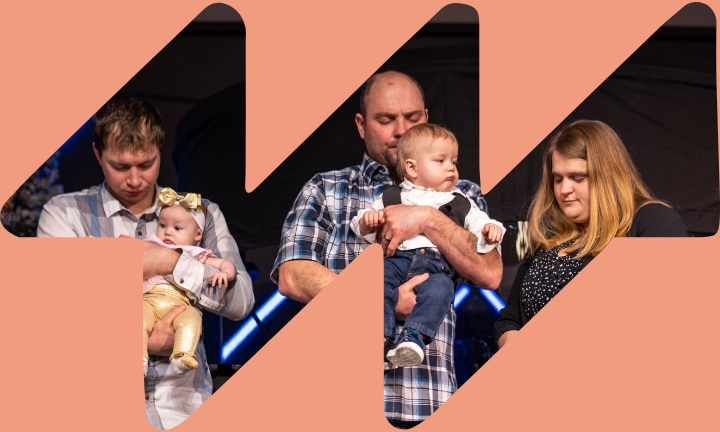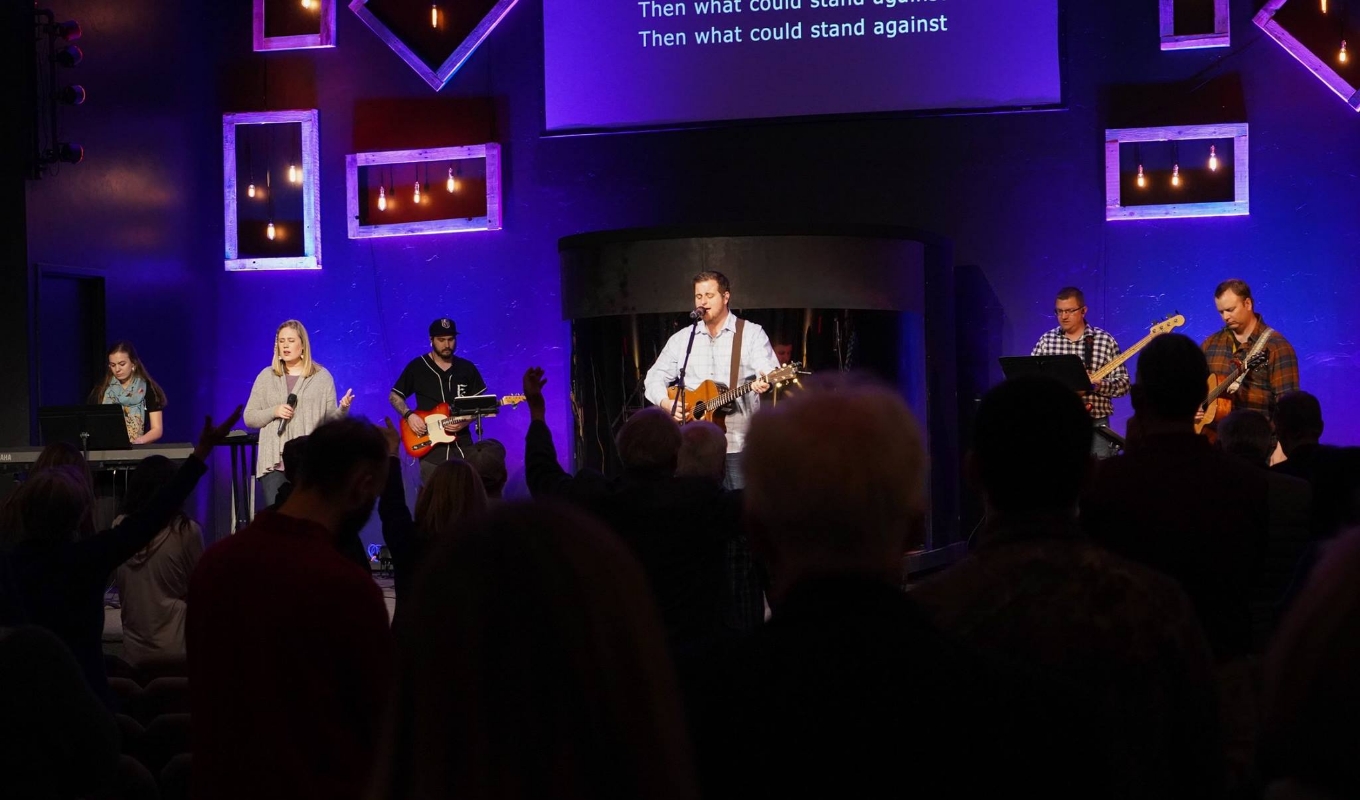The name “Henry Wadsworth Longfellow” is a name most recognize though they may not know who he was or what he Did. In my youth, I can recall having to memorize his poems.
Fewer people recognize the name, Charles Appleton Longfellow. He was the first-born son of Henry. In March of 1863, Charles left the family home in Cambridge and traveled to Washington D.C., to join the Army of Massachusetts to fight for the north in the American War that it was fighting against itself. His family knew none of this. Charles had five younger siblings aged 8-17.
Less than two months earlier Charles’s mother, whose name was Fannie, died after her dress caught fire. Henry attempted to stop the fire using himself, his vest, and the rug that had been lying on the floor. Fannie died from those flames the following morning. Henry survived the fire but was sick enough that he could not attend his wife’s funeral. He never shaved again because the fire had damaged the skin of his face.
During all these tragic circumstances, Charlie, as the son was called, had joined the Union Army and was commissioned as a Union Soldier with the rank of Second Lieutenant in the First Massachusetts Calvary.
On the first day of December, Henry Wadsworth Longfellow was dining alone at the family home. A telegram arrived stating that his son had been severely wounded while fighting in the Battle of Bull Run. He was carried to New Hope Church In Virginia. Charlie’s Father and younger brother, Earnest, traveled immediately to Washington D.C. where they arrived three days later. He learned that his son was wounded seriously and may be paralyzed from the waist down.
On Friday, December 25, 1863, Longfellow, now a 57-year-old widower and father of six children, sat alone in his home at Cambridge, feeling his loneliness and loss and attempting to capture the meaning of what had happened to his family and what may lay ahead.
It was at this time, as he sat there alone, he heard the bells ringing in Cambridge and townspeople singing angel’s announcement of Christ’s birth. He was living through a period of violence, injustice, and loneliness, all of which seemed to mock the very truth of the angel’s message. Sitting alone and listening, he began to write on paper what he was hearing coming through the airwaves.
“I heard the bells on Christmas day,
Their old familiar Carols play,
And wild and sweet
The words repeat
Of peace on earth, good-will to men!
And thought how, as the day had come,
The belfries of all Christendom
Had rolled along
The unbroken song
Of peace on earth, good- will to men.
Till ringing, singing on its way,
The world revolved from night to day,
A voice , a chime,
A chant sublime
Of Peace of earth, good will to men!
Then from each black, accused mouth
The cannon thundered in the south,
And with a song
The carols drowned\
Of Peace on earth, good will to men!
It was as if an earthquake rent
The hearth stones of the continent,
And ,made forlorn
The household born
Of peace on earth, good will toward men!
And in despair I bowed my head;
“There is no peace on earth”, I said;
“For hate is strong
And mocks the song
Of peace on earth, good will to men”.
Then pealed the bells more loud and deep;
“God is not dead nor doth He sleep;
The wrong shall fail, The right prevail,
With peace on earth, good will to men”
I do not know where you are, nor do I know the circumstances that surround your life, as this Christmas season is upon us. Perhaps your world is a reflection of the poem, filled with violence and despair. “And in despair, I bowed my head; There is no peace on earth I said; For hate is strong and mocks the song, of peace on earth, god will to men”. That violence has reached into your own home and taken from you what was good.
But, “God is not dead, nor does He sleep, the wrong shall fail and the right shall prevail…”. “May the God of all peace” be with you as you sit at your table and listen, watch and remember that what the angels sang is still true. I cannot judge God for what evil has produced.



